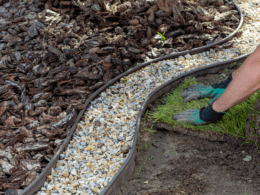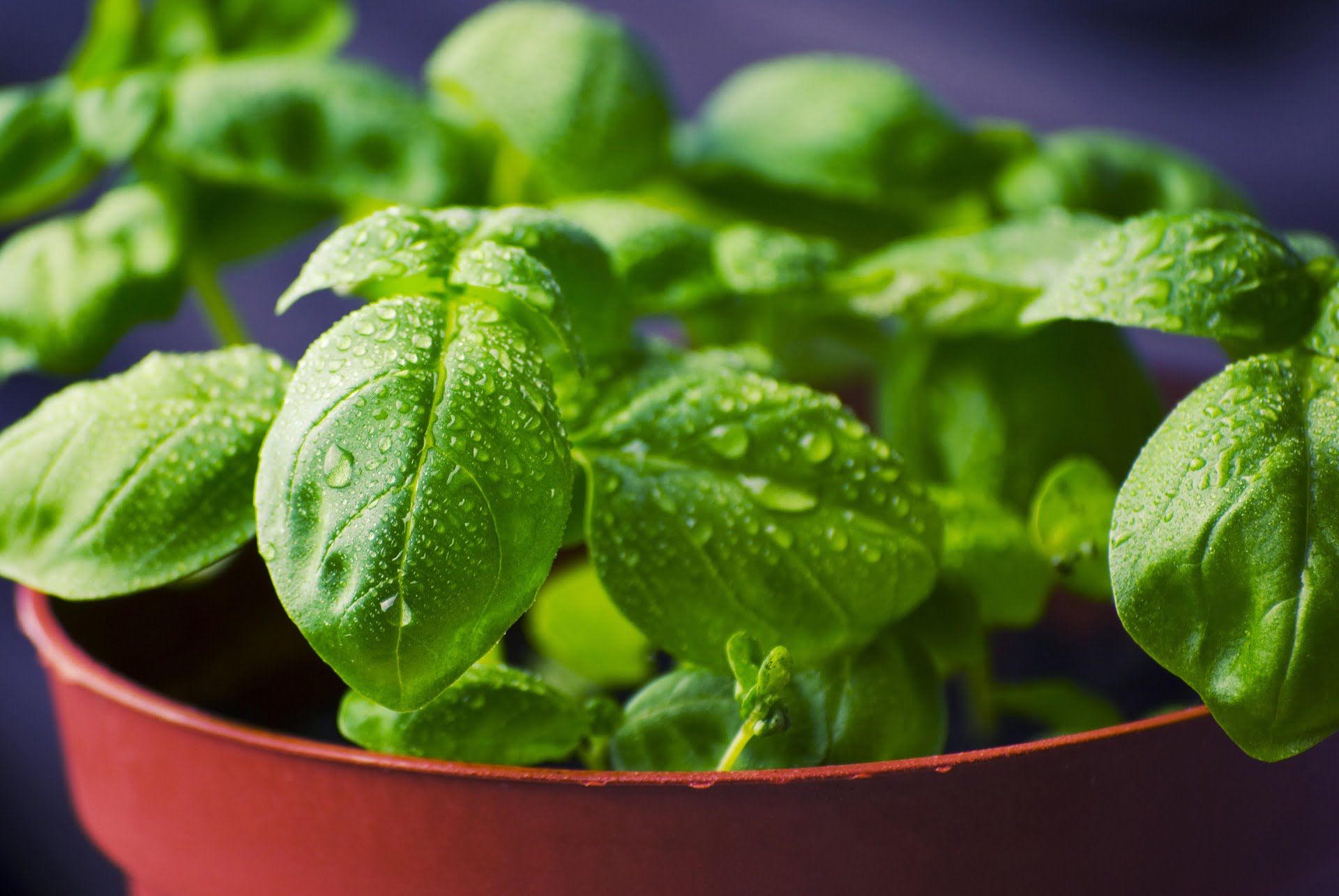If you’re a compost enthusiast, the sight of maggots in your compost bin may have left you feeling uneasy. But before you recoil in disgust, know that maggots can actually be a friend to your composting system. Yes, you read that right. These wriggling, white creatures can play a vital role in breaking down organic matter, helping to create nutrient-rich soil for your plants to thrive in.
But what exactly are maggots, and how do they benefit your compost? Maggots are the larvae of flies, and while they may seem like a nuisance, they can actually speed up the composting process by breaking down tough materials like meat, bones, and fat. This means that compost containing maggots can be richer in nutrients compared to compost without them.
However, managing maggots in your compost can be a challenge, and it’s important to know how to do so in order to ensure a healthy and safe composting environment. So, let’s dive in and explore the world of maggots in compost.
Quick Takeaways
- Maggots are beneficial to a composting system, as they are voracious eaters and break down food scraps quickly.
- Maggots can process compost ‘no-no’s’ such as meat, cheese, or greasy food items, and can provide a free, high-protein meal to chickens.
- Maggots can take over a compost bin and interfere with proper function, but can be managed through adding brown material, maintaining the correct ratio of browns to greens, and frequent turning of compost.
- Maggots can be avoided entirely if preferred, through methods such as adding lime or pine needles to compost, burying fresh food scraps at least six inches down, and ensuring proper moisture levels.
Benefits of Maggots
You should know that maggots are actually beneficial to your composting system. These little creatures are voracious eaters and can break down food scraps quickly. Not only that, but they add calcium and nutrients to the compost, making it more nutritious for your plants.
Maggots can even process ‘no-no’s’ such as meat, cheese, or greasy food items, which can be difficult to compost otherwise. And if you have chickens, you’ll be pleased to know that maggots provide a free, high-protein meal for them.
In fact, maggots can even help reduce overall compost bin odor. They eat food quickly, which means there’s less chance of it rotting and producing unpleasant smells. Plus, they’re a natural and common occurrence in composting systems.
So, don’t worry too much if you see some wriggling around in your compost bin. Just remember to maintain the correct ratio of browns to greens, add a buffer of dry leaves or grass on top of the pile, and bury fresh food scraps at least six inches down. With these tips, you can make the most of the nutritional value that maggots bring to your composting system.
How Can I Keep Maggots Away from My Compost to Avoid Fruit Flies?
To keep compost bug-free and avoid fruit flies, ensure a proper balance of green and brown waste in your compost pile. Avoid adding meat, dairy, or oily foods that attract maggots and flies. Use a compost bin with a tight-fitting lid to prevent access for pests. Regularly turning the compost and adding dry brown materials will discourage maggots and maintain a healthy composting environment.
Description of Maggots
Take a look at the long, thin worms that are creamy-gray in color and commonly found in compost systems. These are the maggots that are the larvae of Black Soldier flies. They are voracious eaters and help break down food scraps quickly.
Here are three things you need to know about the life cycle and identification of maggots:
-
Adult Black Soldier flies do not bite nor carry any disease. They lay their eggs in material rich in nitrogen, such as compost bins. It takes 4-21 days for Black Soldier fly eggs to hatch.
-
Maggots are almost always the larvae of Black Soldier flies. They are long, thin worms with a creamy-gray color. They can be easily identified by their size and color.
-
Moisture conditions in the surrounding material promote or delay maggot hatching. Therefore, it’s important to maintain the correct ratio of browns to greens and add a buffer of dry leaves, shredded cardboard, or dry grass on top of turned compost to seal off the pile.
Management of Maggots
To manage the presence of these larvae in your compost system, there are a few things you can do to prevent infestations.
Firstly, adding lime or pine needles to your compost can deter the flies that lay eggs. A cup of lime should be mixed into your compost for every 25 cubic feet of material.
Additionally, maintaining the correct ratio of browns to greens is important to avoid too much moisture in your compost. A buffer of three to four inches of dry leaves, shredded cardboard, or dry grass should also be added on top of turned compost to seal off the pile and prevent flies from entering.
Frequent turning of your compost helps keep the material equally moist and prevents maggots from taking over. Fresh food scraps should be buried at least six inches down into your compost to avoid attracting flies.
When maggots don’t have a ready food source, they will die and add nutrients to your compost. With these tips, you can successfully compost without maggots and enjoy the benefits of nutrient-rich soil for your garden.
Frequently Asked Questions
Are there any potential health risks associated with handling compost that contains maggots?
When handling compost that contains maggots, there is a potential health risk due to the presence of bacteria and pathogens. It is important to wear gloves and wash hands thoroughly after handling compost to avoid any potential illness.
Can maggots survive in compost during the winter months or do they die off?
Maggot behavior changes in cold temperatures, and they may die off during the winter months in compost. Proper composting techniques and pest management can prevent excess maggots and promote healthy compost. Keep your compost safe and healthy all year round.
How can I tell if my compost is too moist and attracting maggots?
To prevent infestations and manage moisture in your compost, make sure to maintain a proper ratio of browns to greens and add a buffer of dry leaves or grass on top. Bury fresh food scraps deep and turn compost frequently.
Can I use compost that has had maggots in it for growing vegetables or will it harm my plants?
Using Maggot Infested Compost: Pros and Cons, Tips for Preventing Maggots in Compost. You can use compost with maggots, but it’s best to let it age and break down first. Maggots can attract pests and cause a bad smell, but they also add nutrients to the soil. Prevent maggots by maintaining the right moisture level and adding enough brown material.
Are there any other insects or creatures that are commonly found in compost besides maggots?
In addition to maggots, other insects commonly found in compost include beetles, mites, and earthworms. The presence of maggots in compost can actually be beneficial, as they break down food scraps quickly and add nutrients to the soil.









